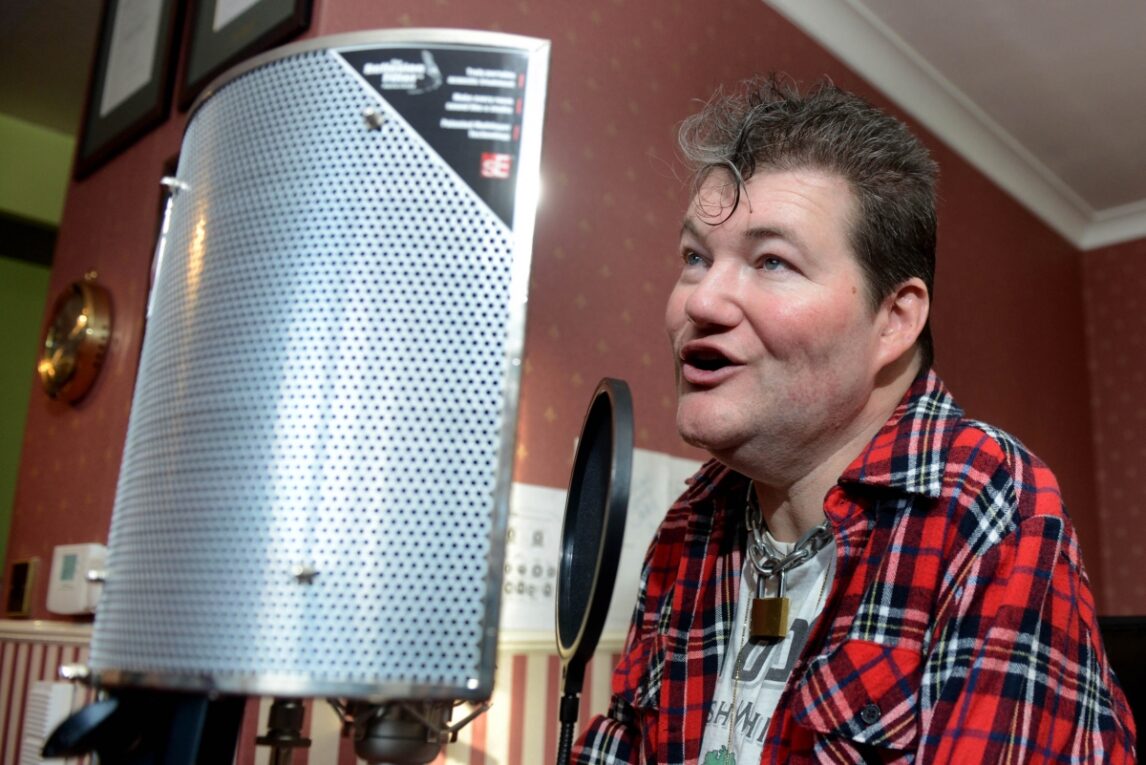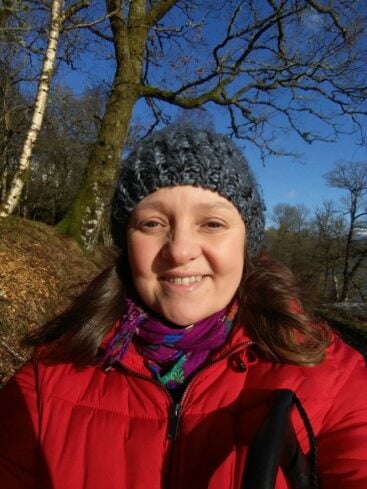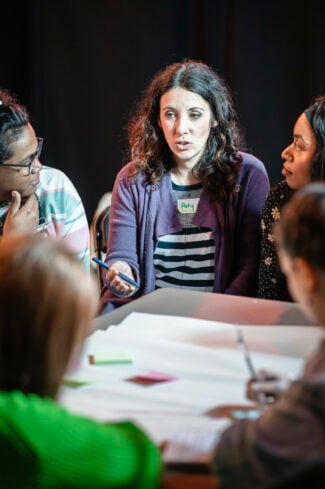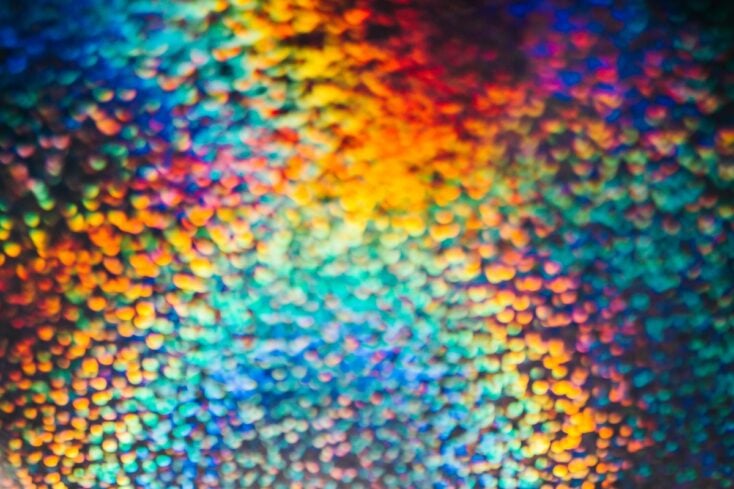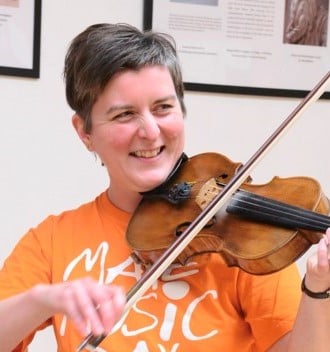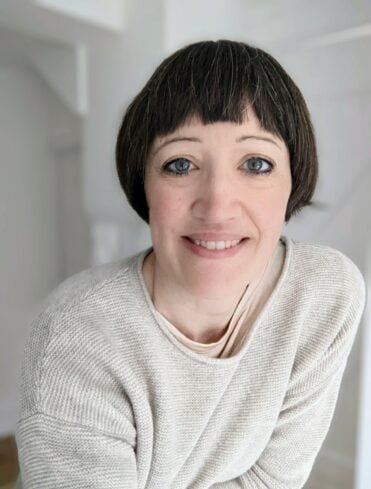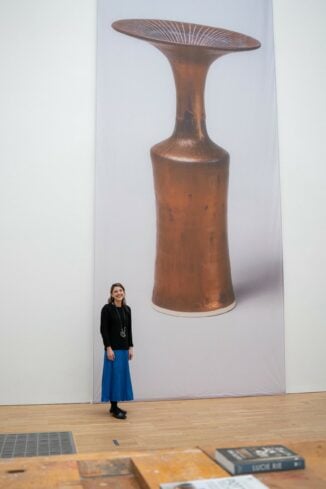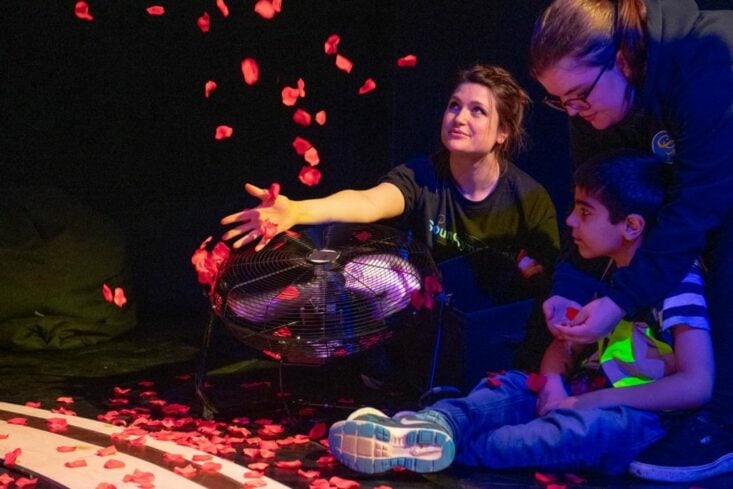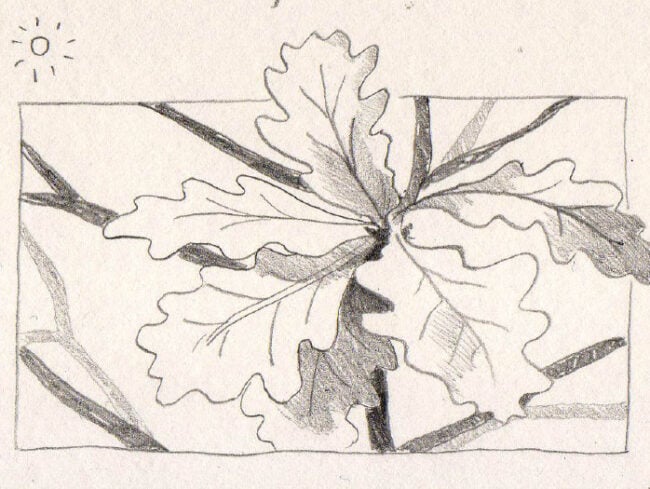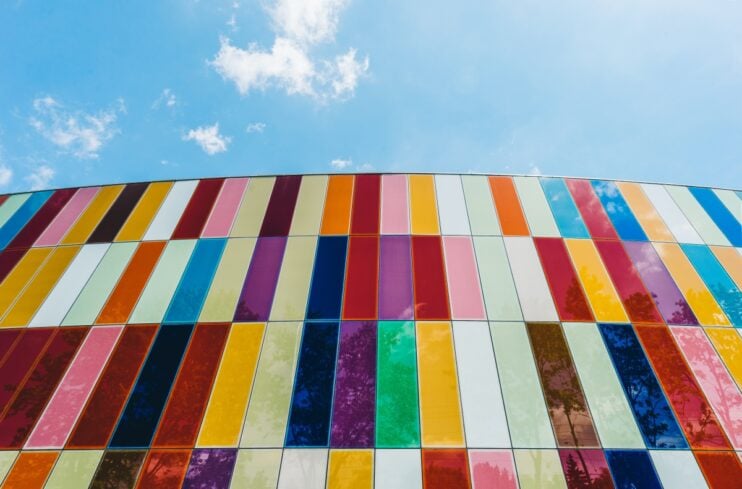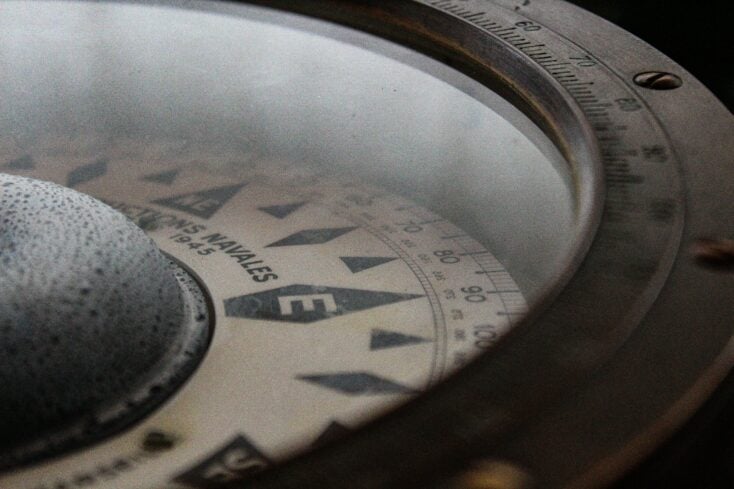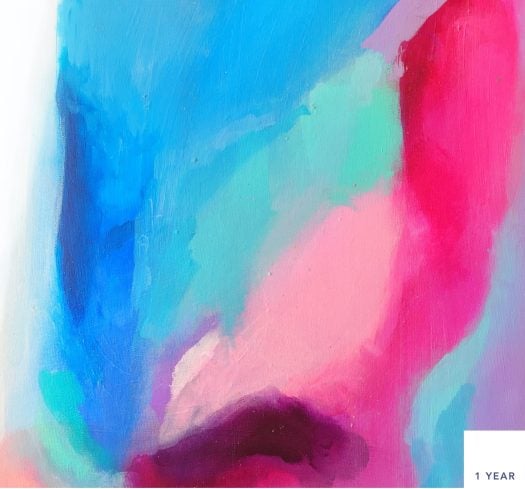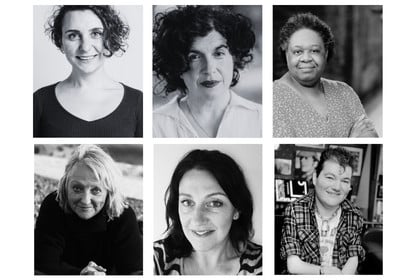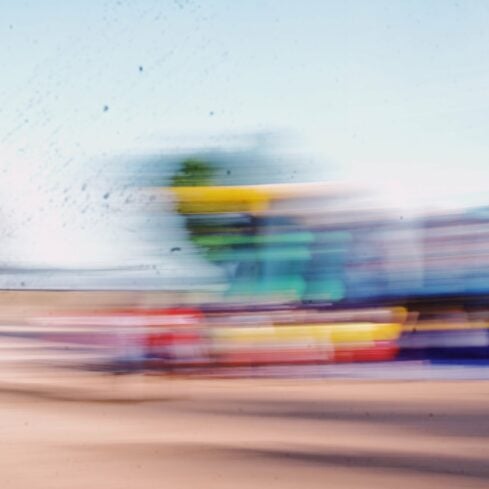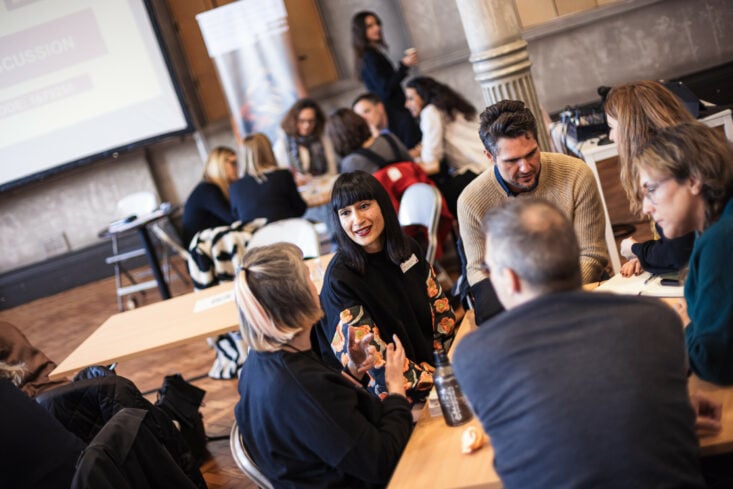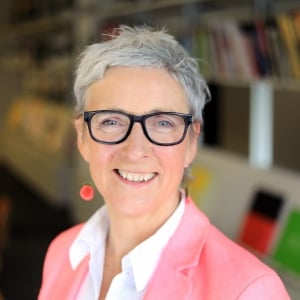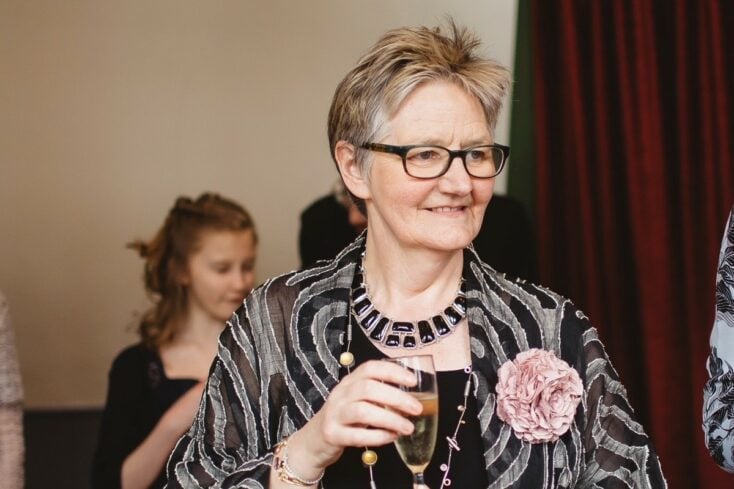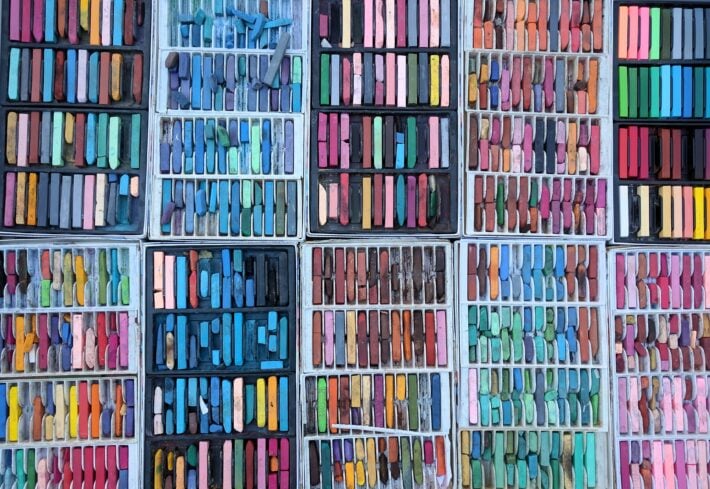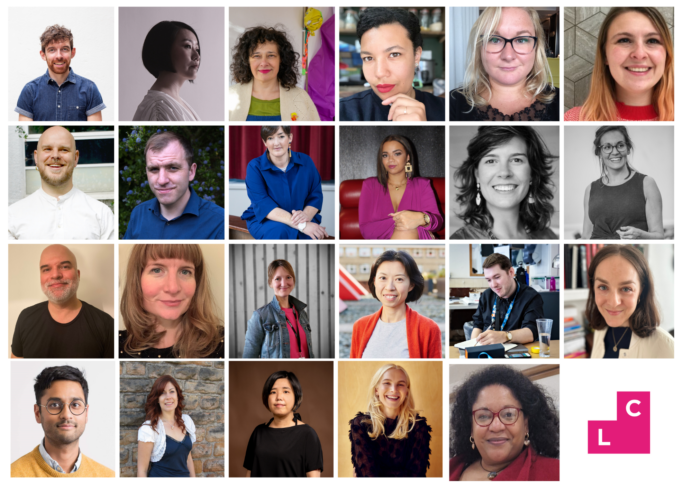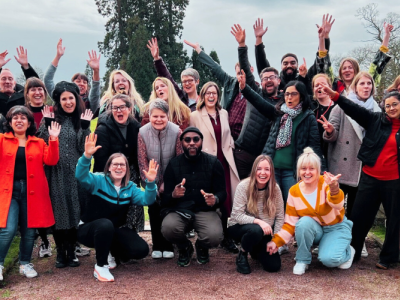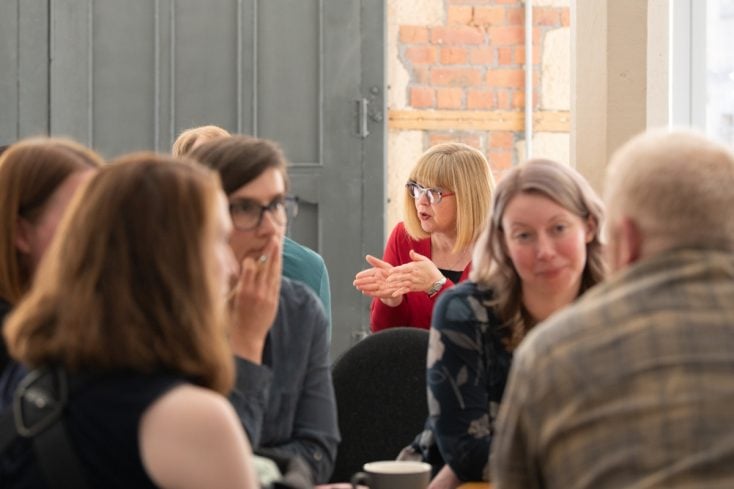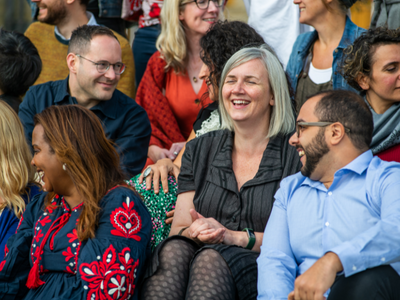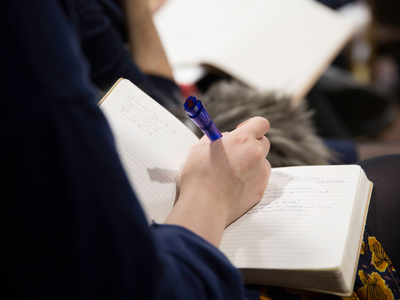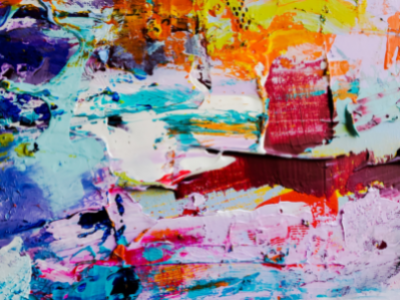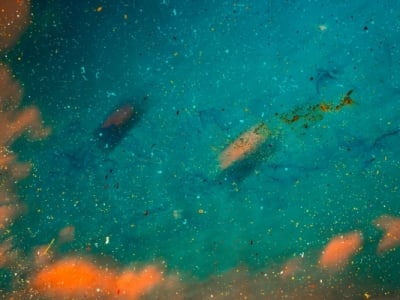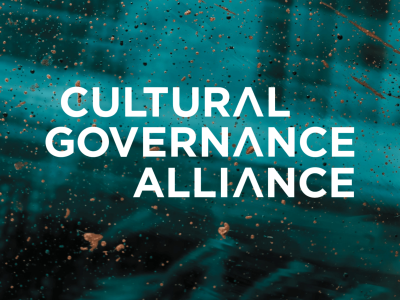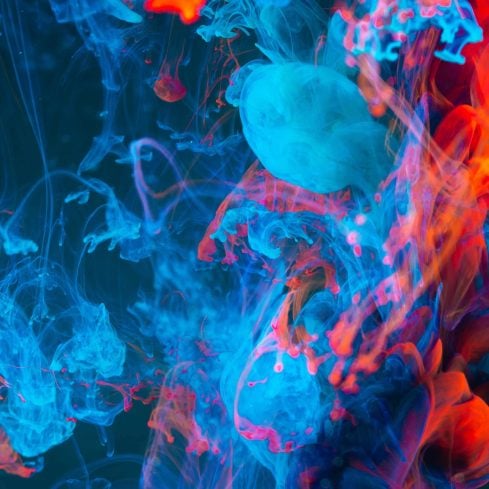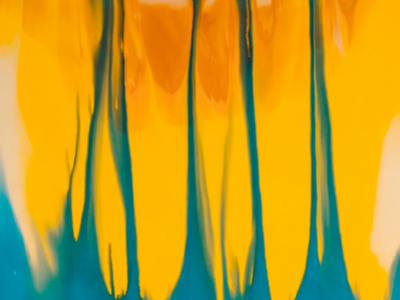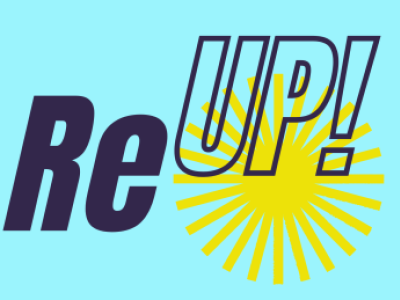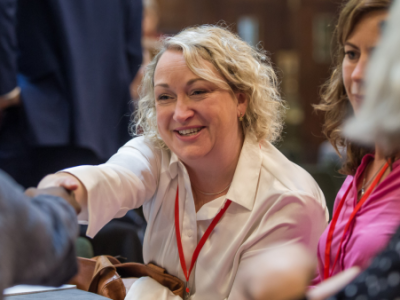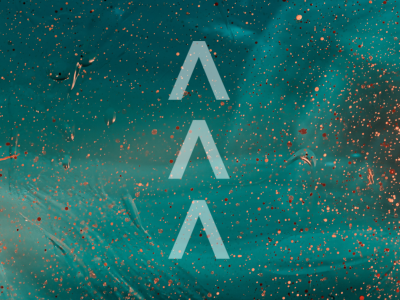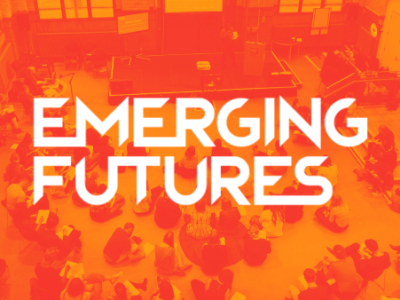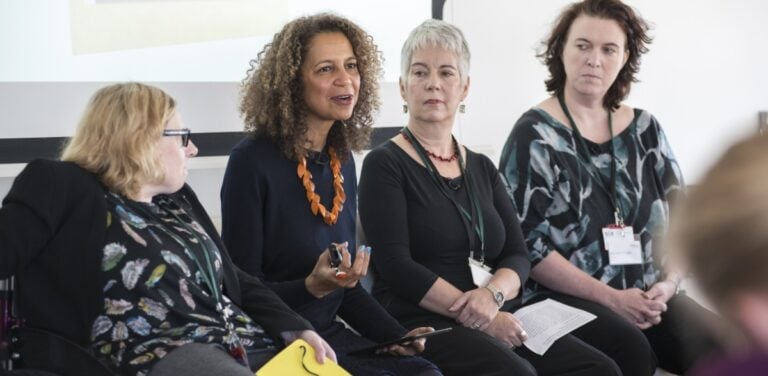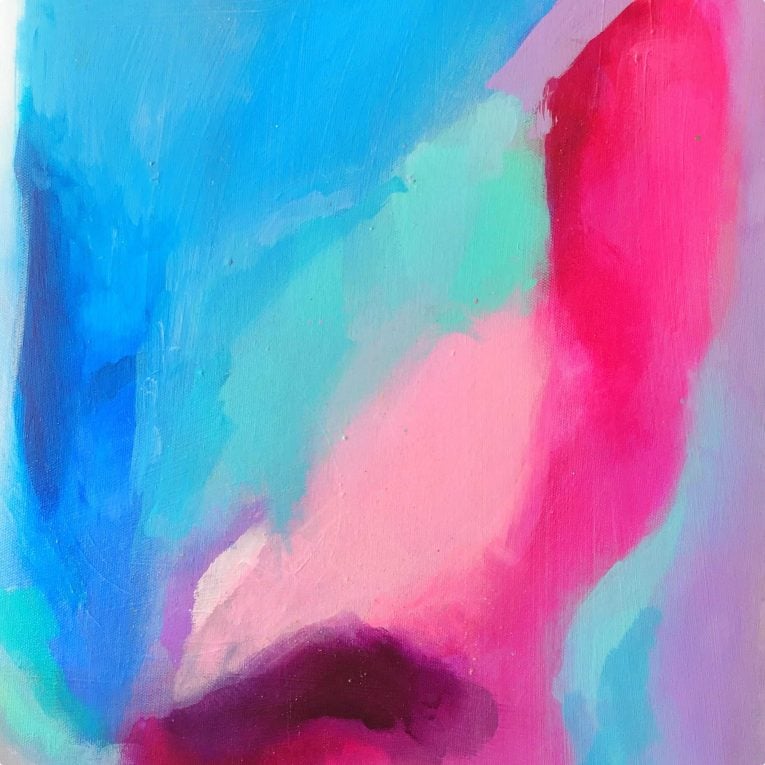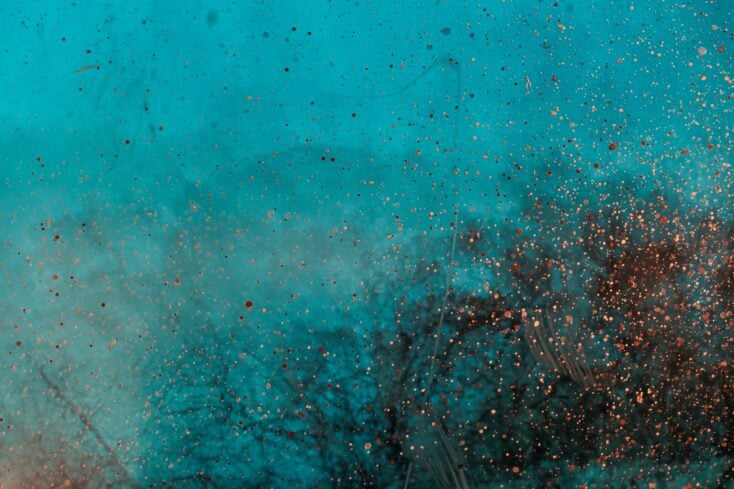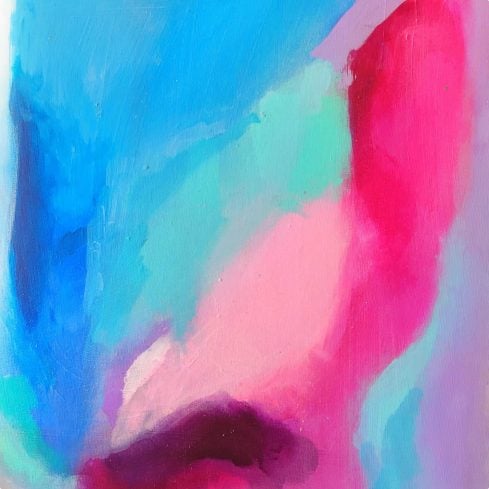It is about us as leaders, building new, fresh and exciting futures
Inclusive Cultures is part of Clore Leadership’s Inclusive Leadership delivery for Arts Council England’s Transforming Leadership programme, which prioritises activities to address existing gaps in diversity in the leadership of culture.
What has driven your professional life?
I’m passionate about working with others to create new things, new ideas and ways of doing, and to see ourselves grow and flourish in doing so. For me it’s about being creative, unpacking assumptions and dominant models and addressing inequalities and injustice. It’s about not ‘doing things’ to people (here I really mean as a coach/facilitator and bombarding people with methods and activities) but instead working and transforming what needs to change. It doesn’t have to be about seismic change; often it’s small and subtle, but hugely impactful. For me music and songwriting has been my way of finding that.
I’m interested in how we respect and value people, how we engage and work together to challenge dominant models and dismantle assumptions. The social model of disability has played a big part in my realisation that we can transform some of the inequality in the relationships that dominate our usual experiences.
Coaching offers a really exciting space within which to be real and also creative. It’s a collaborative journey in which to ask “how it could be”, and “what do you want it to be?” The social model chimes with that. It’s not the whole story, but it is an important element for me.
What do people know you best for?
I’m probably best known for chaining myself to a bus, invading parliament, and trying to save the ILF! Hopefully, maybe for a few of my songs too. Music for me is such a brilliant tool for making a connection. It comes from a place of wanting to build relationship, rather than pointing a finger and saying “you’ve got it wrong”. Music suggests and it interrogates, it narrates and offers alternatives. It’s creativity.
What does Inclusive Cultures mean to you?
I don’t think I have fully realised what it means yet because I am on a journey with it too. My starting point is that I have lived experience of discrimination. I know how it feels to be ‘done to’, to be excluded, and have a ton of assumptions made about me. I have gained an understanding of inclusion as a process of change, not a goal – “The inclusion project”. It’s not about trying to fit into a ‘mainstream’; it’s about being you, authentic real and unapologetic. I might do the same thing but in a different way; at the moment it still feels a bit messy and not quite right, but Inclusive Cultures is really a nod to knowing that it can exist, and when it does it’s a beautiful thing to experience and be part of.
Inclusion can be complex and beautiful but it is also really simple. Part of my role is in making sense of things, trying to uncomplicate things, and helping someone find that simplicity for themselves. It’s not about having the answers: it is about being curious, supportive, trusting, and loving the process.
When did the Social Model first hit home for you?
For me the Social Model was a really important part of my self-discovery. It helped me to understand who I was. I was working in education, often with excluded young people, helping them to discover who they were and what they wanted to carve out as their roles and how to use what was around them – their environments and experiences – to flourish. That resonated for me too. I guess really I was unpacking who I was, sharing the journey. I think the Social Model was the first time that I understood what transformation means – that something could be different if I viewed it differently or if I changed the rules, or challenged the dominant experience. I realised that I could look at something differently, this way rather than that way. The Social Model did that for me, and gave me permission to shift my perspective.
I will never forget learning from other disabled people about the Social Model, particularly Nasa Begum and Millie Hill, two black disabled female activists. They spelt it out loud and proud for me. Then I went on a protest and found out even more about it (and put the ‘loud and proud’ bit into a lyric!).
The Social Model was really transformative on my journey in shaping equality and diversity. I think people see the Social Model as a set of rules and it isn’t: it’s a tool to challenge dominant views and to say ‘Here’s a different way of looking at it, does this help?’ It also says ‘listen to the voice of disabled people’. There’s something about listening to the authentic grassroots experiences that is important to all movements fighting for rights and equality. I guess that authentic, unapologetic voice is another important part of the inclusive cultures journey.
Recently ‘ableism’ has been added back into the mix. I remember as a young person really resenting not being seen as ‘able bodied’. Able bodied meant ‘’more’ or ‘better than’, a form of power that indicated someone who doesn’t use a wheelchair user, who isn’t visually impaired or deaf. To me, able bodied was the ‘Other’. I really struggled with the idea that everything should boil down to how able you are rather than recognising what is really necessary to flourish and have purpose, feel valid and a part of society.
What do you hope Inclusive Cultures will achieve?
My hope is that Inclusive Cultures will be about encouragement, encouraging people to listen to new and other voices as well as to our inner selves. It’s actually not about finding all the answers but asking questions and being willing to be part of the journey, building strength and creating change together enflaming passion and finding light. Our collective engagement will allow us to explore more of what we share and to recognize how brilliant it is when we are connected.
It is about us as leaders too, building new, fresh and exciting futures.
Themes Inclusive Leadership Practice Qualities of Leadership
